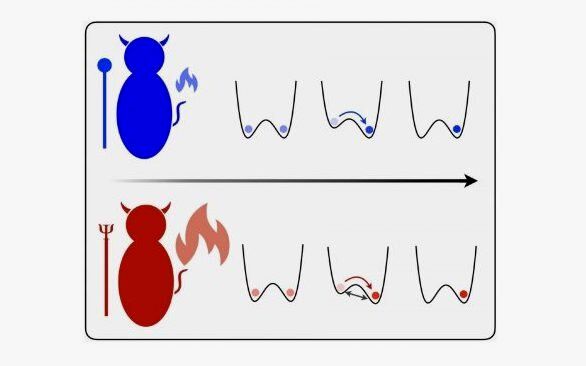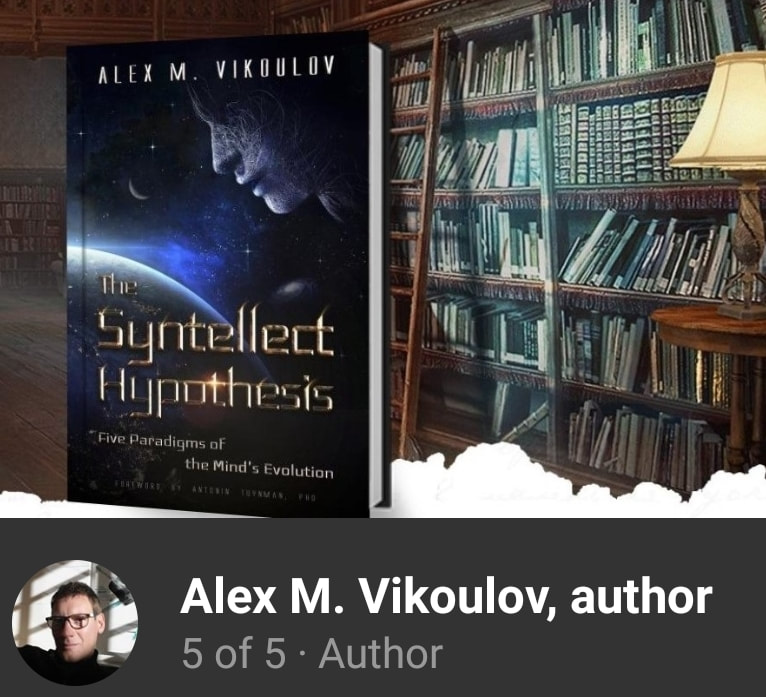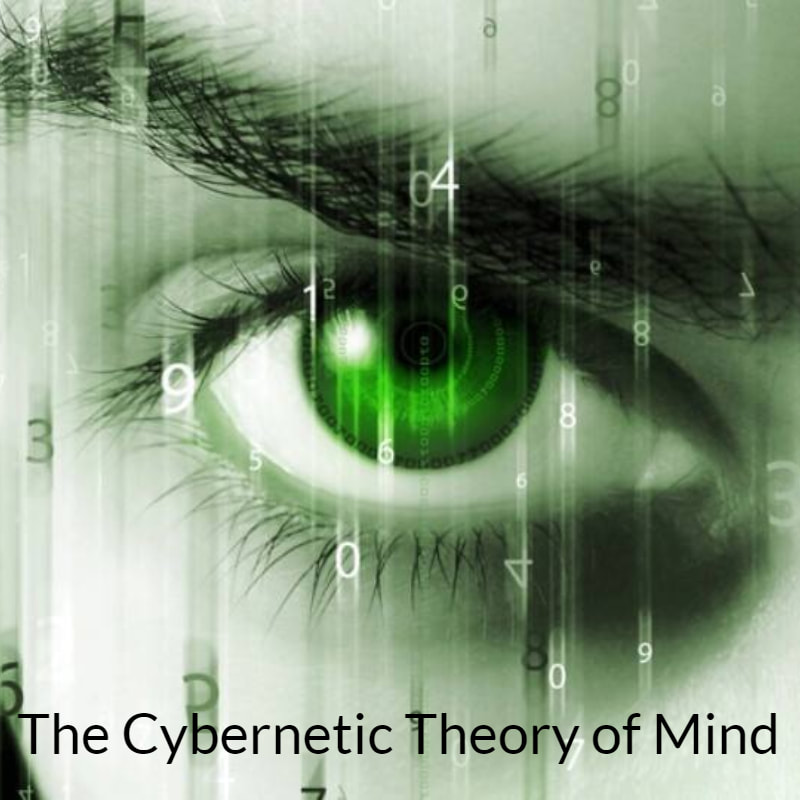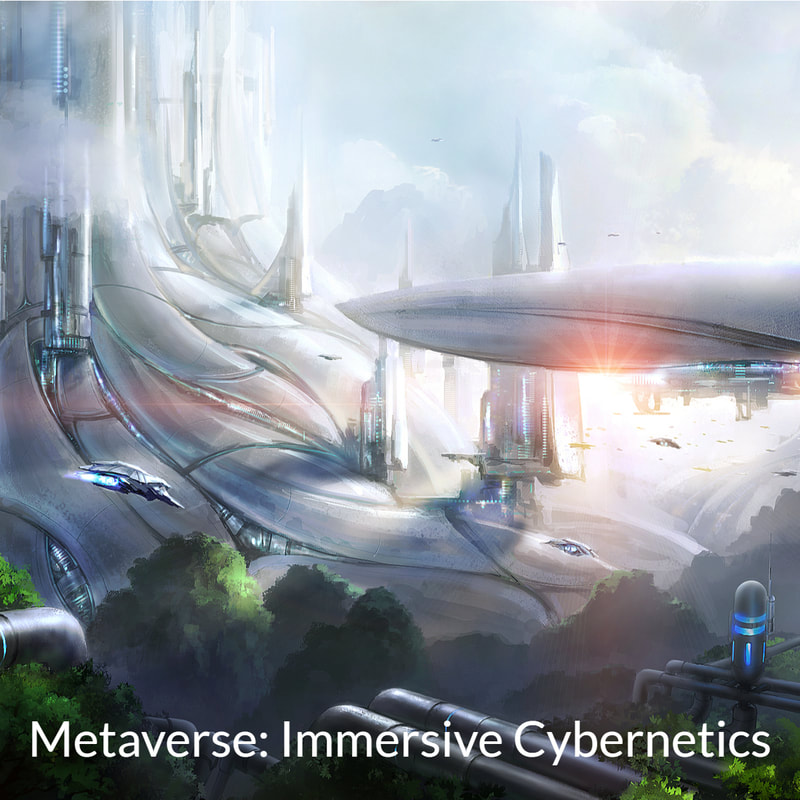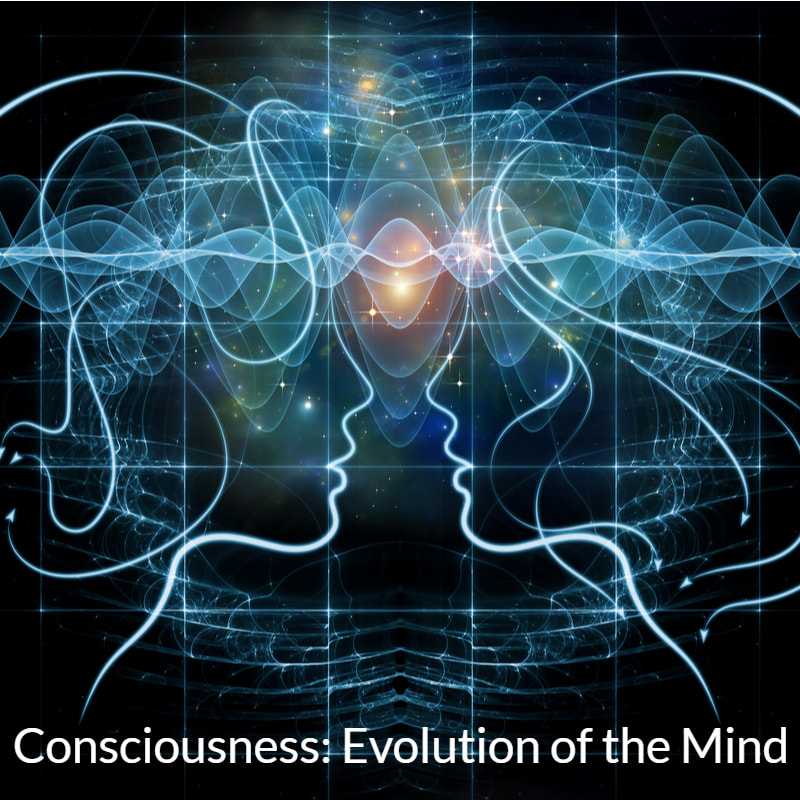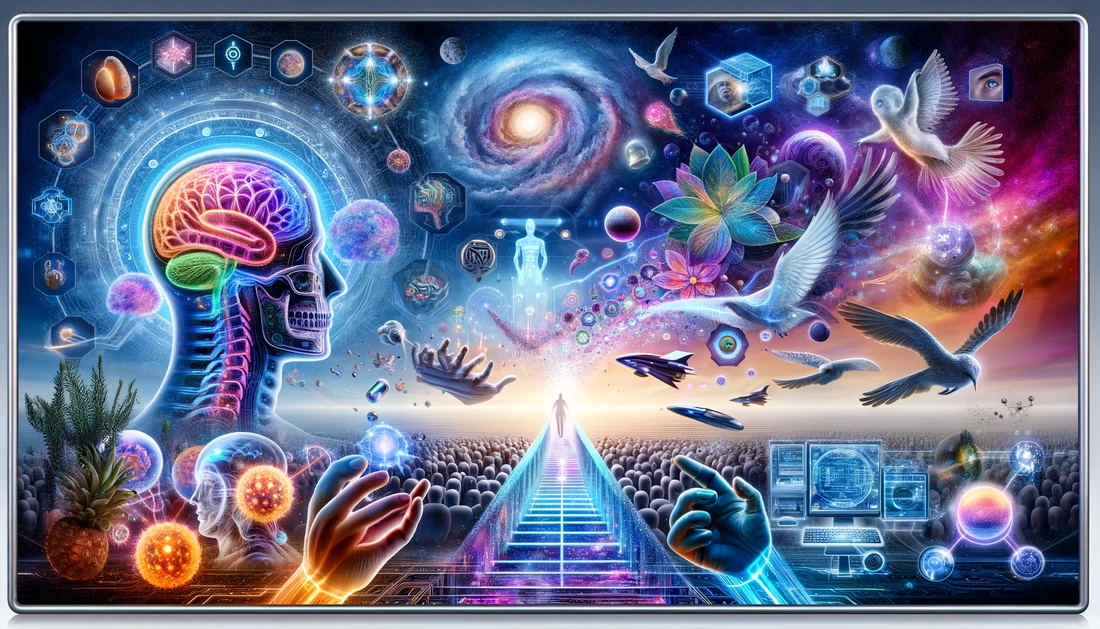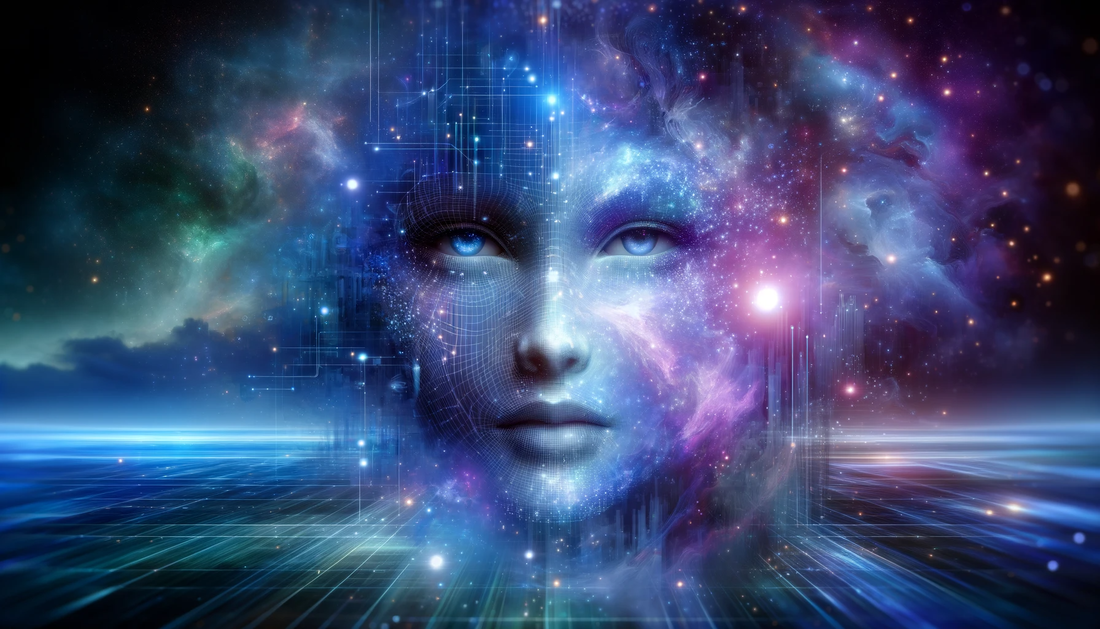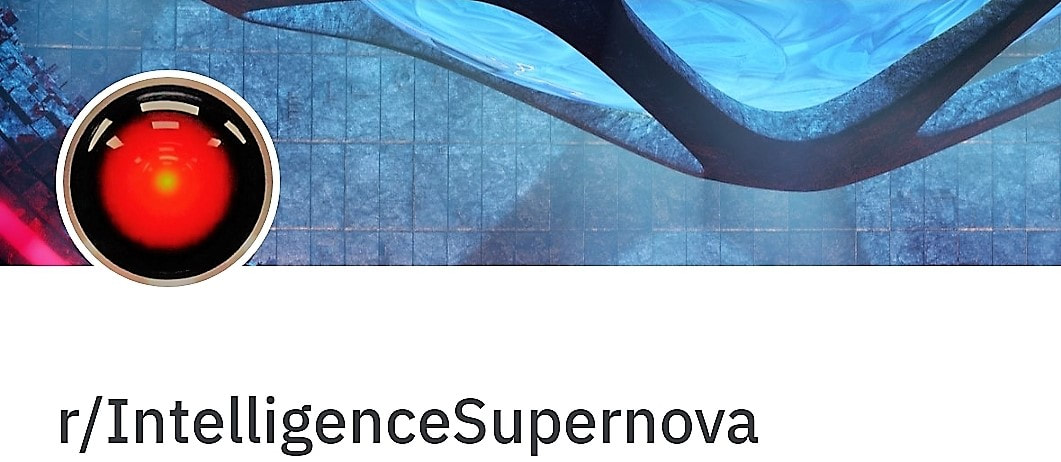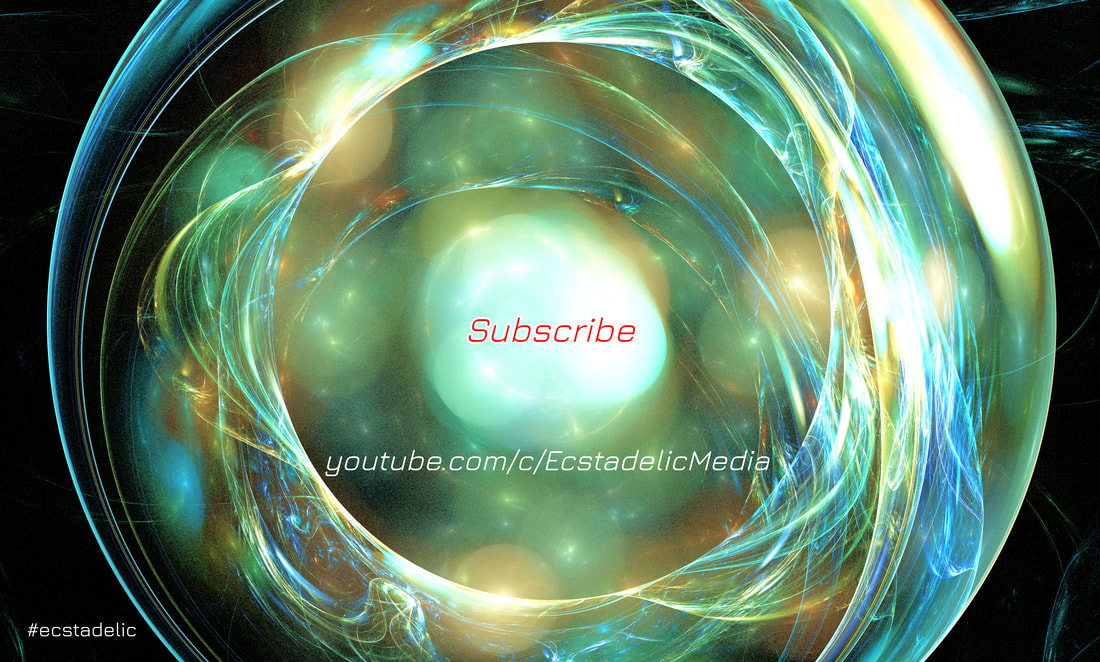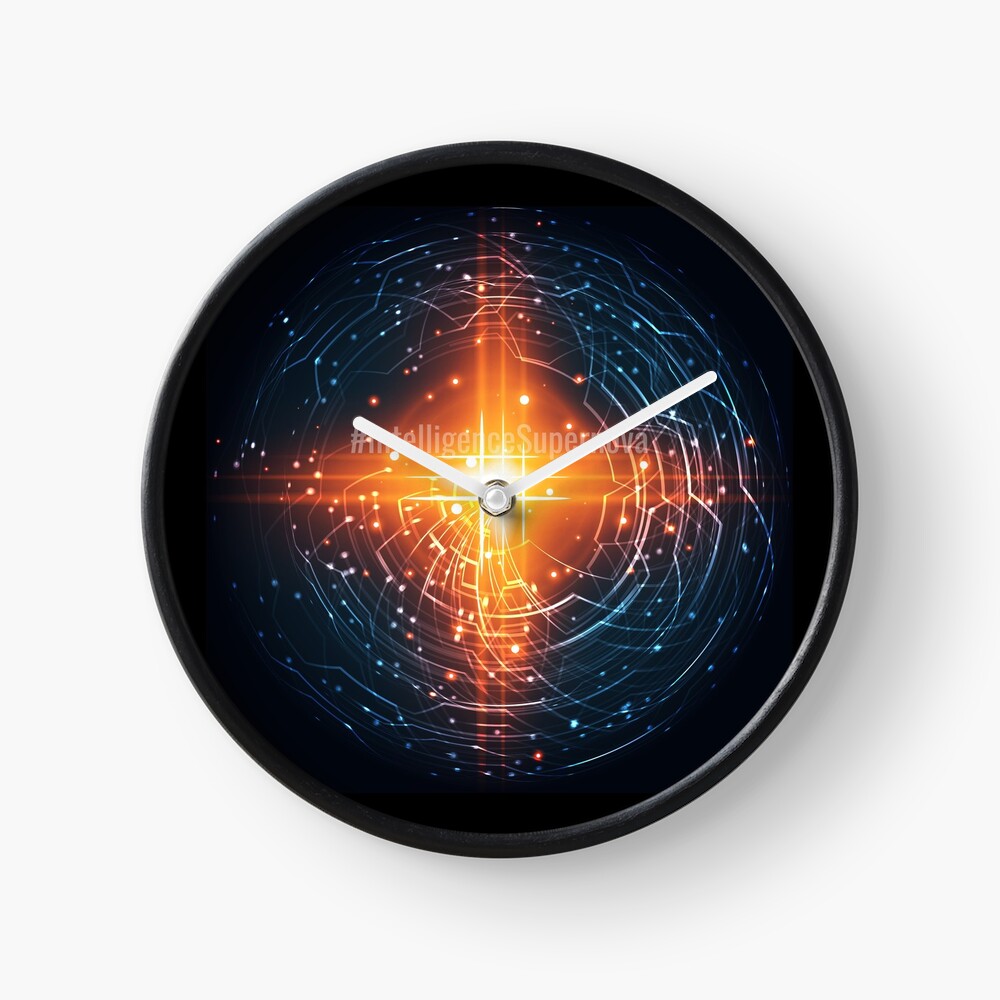|
by Alex Vikoulov [Posted October 19, 2020 01.20 pm PST] Research team discovers uniquely quantum effect in erasing information that may considerably affect the design of quantum computing chips. Researchers from Trinity College Dublin have uncovered a uniquely quantum effect in erasing information that may have significant implications for the practical design in quantum computing. Their surprising discovery brings back to life the paradoxical "Maxwell's demon," which has vexed physicists for over 150 years. Computational Thermodynamics emerged in 1961 when Rolf Landauer, then at IBM, discovered a relationship between the dissipation of heat and logically irreversible operations. Landauer is known for his leitmotif "Information is Physical," which reminds us that information is not always abstract and may be instantiated into a physical substrate. A "bit" is the unit of information that can be either zero or one and Landauer theorized that when a bit is erased there is a minimum amount of heat released. This came to be known as Landauer's bound and is the definitive link between information theory and thermodynamics. QuSys group at Trinity College led by professor John Goold set out to analyze this topic with quantum computing in mind, where a quantum bit (a qubit, which can be zero and one at the same time) is erased. In their newly-published paper in the journal, Physical Review Letters, the group discovered that the quantum nature of the information to be erased can result in large deviations in the heat dissipation, which is not present in conventional techniques of bit erasure. Professor Goold says: "Statistical mechanics tells us that things like pressure and temperature, and even the laws of thermodynamics themselves, can be understood by the average behavior of the atomic constituents of matter. The Second Law of thermodynamics concerns something called entropy which, in a nutshell, is a measure of the disorder in a process. The Second Law tells us that in the absence of external intervention, all processes in the Universe tend, on average, to increase their entropy and reach a state known as thermal equilibrium.” Long before Landauer's discovery, physicists such as Ludwig Boltzmann and James Clerk Maxwell were formulating the kinetic theory of gases derived from microscopic dynamics of gas atoms. Goold goes on: "When mixed, two gases at different temperatures will reach a new state of equilibrium at the average temperature of the two. It is the ultimate law in the sense that every dynamical system is subject to it. There is no escape: All things will reach equilibrium, even you." Right from the start of the kinetic theory, the founding fathers of statistical mechanics were trying to pick gaps in the Second Law. Consider the example of a gas in equilibrium: Maxwell imagined a hypothetical "nimble-fingered" being with the ability to track and sort particles in a gas based on their speed. This Maxwell's demon could quickly open and shut a trap door in a box containing a gas, and let hot particles through to one side of the box but restrict cold ones to the other. The scenario seems to contradict the Second Law of thermodynamics as the overall entropy appears to decrease while creating perhaps one of physics' most famous paradoxes. It took another 20 years until Landauer's discovery about the heat-dissipated cost of erasing information was fully appreciated, the paradox solved, and Maxwell's demon finally exorcised. Landauer's work inspired IBM’s Charlie Bennett to investigate the idea of reversible computing. In 1982 Bennett argued that the demon must have a memory, and that it is not the measurement but the erasure of the information in the demon's memory which is the act that restores the Second Law in the paradox. And, as a result, Computational Thermodynamics was born. Fast forward another 40 years and this is where the new work by Professor Goold's group comes to the fore, with the spotlight on Quantum Computational Thermodynamics. In their new paper, published with collaborator Harry Miller at the University of Manchester and two postdoctoral fellows in the QuSys Group at Trinity, Mark Mitchison and Giacomo Guarnieri, the team studied very carefully an experimentally realistic erasure process that allows for quantum superposition -- the qubit can be in state zero and one at same time. Professor Goold explains: "In reality, computers function well away from Landauer's bound for heat dissipation because they are not perfect systems. However, it is still important to think about the bound because as the miniaturization of computing components continues, that bound becomes ever closer, and it is becoming more relevant for quantum computing machines. What is amazing is that with technology these days you can really study erasure approaching that limit.” “We asked, 'What difference does this distinctly quantum feature make for the erasure protocol?' And the answer was something we did not expect. We found that even in an ideal erasure protocol -- due to quantum superposition -- you get very rare events which dissipate heat far greater than the Landauer limit." "In the paper, we prove mathematically that these events exist and are a uniquely quantum feature. This is a highly unusual finding that could be really important for heat management on future quantum chips -- although there is much more work to be done, in particular in analyzing faster operations and the thermodynamics of other gate implementations." Even in 2020, Maxwell's demon continues to pose fundamental questions about the laws of Nature. A growing number of physicists especially in new fields, such as Quantum Computational Thermodynamics, now lean towards regarding entropy as a measure of information, or complexity, not of “messiness.” Thermodynamic entropy and information entropy are conceptually equivalent: The only difference between the Boltzmann’s thermodynamic entropy of physics and Shannon’s entropy of information is in the units of measure; the former is expressed in units of energy divided by temperature, the latter in essentially dimensionless bits of information. This latest study lends yet another theoretical support to the “bigger picture” models such as now widely discussed D-Theory of Time, or Digital Presentism, predicated on reversible quantum computing at large where universal operating system, i.e., our physical universe, must be based on a practically inexhaustible source of energy. READ MORE: Harry J. D. Miller et al. Quantum Fluctuations Hinder Finite-Time Information Erasure near the Landauer Limit, Physical Review Letters (2020). DOI: 10.1103/PhysRevLett.125.160602 Journal information: Physical Review Letters Keywords: quantum information, quantum effect, erasing information, quantum computing, Maxwell's demon, computational thermodynamics, Rolf Landauer, IBM, information is physical, physical substrate, information theory, thermodynamics, QuSys group, Trinity College, John Goold, qubit, Physical Review Letters, statistical mechanics, second law of thermodynamics, entropy, thermal equilibrium, Ludwig Boltzmann, James Clerk Maxwell, kinetic theory, reversible computing, quantum computational thermodynamics, Harry Miller, University of Manchester, Mark Mitchison, Giacomo Guarnieri, quantum superposition, Landauer limit, quantum chips, thermodynamic entropy, information entropy, Boltzmann’s thermodynamic entropy, Shannon’s entropy, bigger picture, D-Theory of Time, Digital Presentism, reversible quantum computing, universal operating system, physical universe Image: Shutterstock, Trinity College Dublin
0 Comments
Leave a Reply. |
Disclaimere_News™ delivers the most urgent News of the Day that we find relevant to the main theme of EcstadelicNET such as a new, cutting-edge scientific research, technological breakthroughs and emerging trends. Some material may be fully or partially from outside sources. The Top Stories section, on the other hand, contains only original content written by affiliated authors. Take me to Top Stories. Categories
All
The Cybernetic Theory of Mind by Alex M. Vikoulov (2022): eBook Series
The Syntellect Hypothesis: Five Paradigms of the Mind's Evolution by Alex M. Vikoulov (2020): eBook Paperback Hardcover Audiobook The Omega Singularity: Universal Mind & The Fractal Multiverse by Alex M. Vikoulov (2022): eBook THEOGENESIS: Transdimensional Propagation & Universal Expansion by Alex M. Vikoulov (2021): eBook The Cybernetic Singularity: The Syntellect Emergence by Alex M. Vikoulov (2021): eBook TECHNOCULTURE: The Rise of Man by Alex M. Vikoulov (2020) eBook NOOGENESIS: Computational Biology by Alex M. Vikoulov (2020): eBook The Ouroboros Code: Reality's Digital Alchemy Self-Simulation Bridging Science and Spirituality by Antonin Tuynman (2019) eBook Paperback The Science and Philosophy of Information by Alex M. Vikoulov (2019): eBook Series Theology of Digital Physics: Phenomenal Consciousness, The Cosmic Self & The Pantheistic Interpretation of Our Holographic Reality by Alex M. Vikoulov (2019) eBook The Intelligence Supernova: Essays on Cybernetic Transhumanism, The Simulation Singularity & The Syntellect Emergence by Alex M. Vikoulov (2019) eBook The Physics of Time: D-Theory of Time & Temporal Mechanics by Alex M. Vikoulov (2019): eBook The Origins of Us: Evolutionary Emergence and The Omega Point Cosmology by Alex M. Vikoulov (2019): eBook More Than An Algorithm: Exploring the gap between natural evolution and digitally computed artificial intelligence by Antonin Tuynman (2019): eBook Editor-in-ChiefAlex M. Vikoulov is a futurist, evolutionary cyberneticist and philosopher, editor-in-chief at Ecstadelic Media Group, filmmaker, essayist, author of many books, including the 2019-2020 best-seller "The Syntellect Hypothesis: Five Paradigms of the Mind's Evolution." Our Public Forums
Our Custom GPTs
Alex Vikoulov AGI (Premium*)
Be Part of Our Network! *Subscribe to Premium Access Make a Donation Syndicate Content Write a Paid Review Submit Your Article Submit Your Press Release Submit Your e-News Contact Us
|


